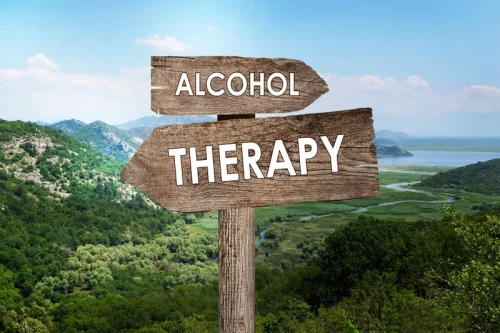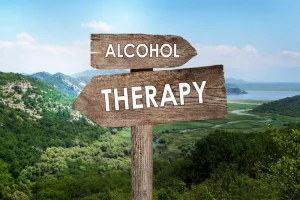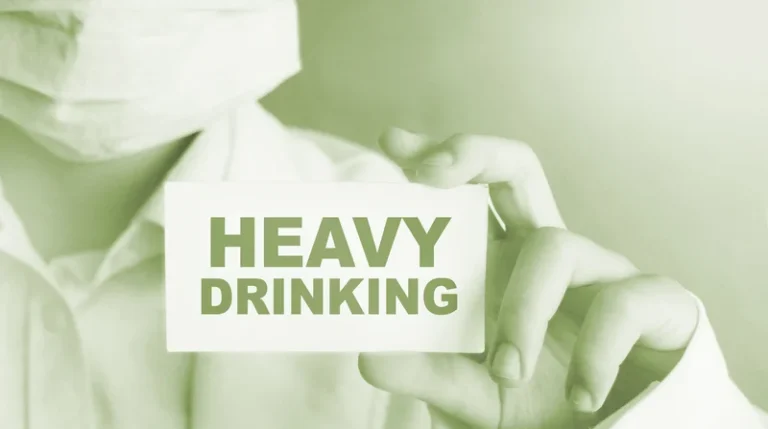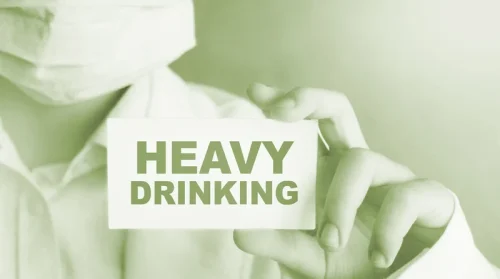Alcohol Use Among Depressed Patients: The Need for Assessment and Intervention

According to the Centers for Disease Control and Prevention (CDC), the risk of developing cancer decreases after a person quits smoking. Additionally, quitting smoking can reduce the risk of death in what is alcoholism people who are living with cancer. Alcohol and tobacco products are common substances that adults may use worldwide. However, both can increase the risk of various health conditions.
Self-medicating with alcohol: a vicious cycle
However, smoking is the leading cause of preventable disease and death worldwide. Remember, moderation https://ecosoberhouse.com/ is key when it comes to alcohol consumption. Alcohol tolerance occurs when a person needs to drink more to receive the same sensation that fewer drinks used to provide. A high tolerance for alcohol means the drinker will seek more and more in order to achieve their desired condition. Enjoying a drink now and then is usually fine, but excessive drinking can lead to a host of physical health problems. Yet—as life and pop culture so frequently show us—many people trying to cope with the pain, numbness, anxiety, or other symptoms of depression all too often turn to booze.

Alcohol Use Among Depressed Patients: The Need for Assessment and Intervention
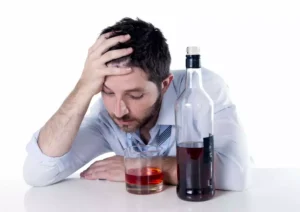
But for some people, these feelings don’t go away – they get worse and their feelings of depression can start to interfere with everyday life. Over time, your brain’s reward pathway builds tolerance and requires more and more dopamine (via alcohol) to feel pleasure. This can lead to addiction and feelings of depression in the absence of the rewarding substance. It is important to note that medications for alcohol use disorder are a first-line treatment. They can be helpful for many, so talk to your doctor about this option. If you’re dealing with severe alcohol withdrawal symptoms, such as anxiety, insomnia, nausea, and hallucinations, among others, then your doctor may suggest medications such as chlordiazepoxide or other benzodiazepines.
Recognising drug addiction signs
«Drinking provided a wonderful escape from my own head. I felt more laid back. But the next day, I always felt horrible and I’d swear off drinking,» she says. Combining alcohol and antidepressants clouds your thinking and judgment, and that can be risky. Being drunk is a state of impairment that leads to poor judgment, bad decisions, and even self-destructive behaviors. For many of us, stress is related to being too busy helping others and not focusing on our own needs first.
- If you wake up feeling miserable after a night of drinking, you don’t have to wait it out.
- People with depression frequently lose interest in activities that once brought them joy like hobbies and social events.
- Someone with anxious depression may just want a relaxant, not the euphoria of a drink, while someone experiencing lethargy and a lack of sensation may want the opposite.
- In some people, the initial reaction may feel like an increase in energy.
- Even when you don’t have much time to spare, spending 15 minutes reading a good book, drawing or doodling, or even looking at cute animal videos can offer a positive distraction.
Lack of sleep can also contribute
However, he acknowledges how hard it can be for many people—especially in places where alcohol is a key social binding agent—to give up booze wholesale, even if they don’t have a dependency issue with it. For those who do not want to stop drinking entirely, Iannucci recommends taking a break from it for a time to see whether it improves their depression or not. At the very least, he says—especially for people on antidepressants—it’s a good idea to cut back to a fairly minimal amount of alcohol.
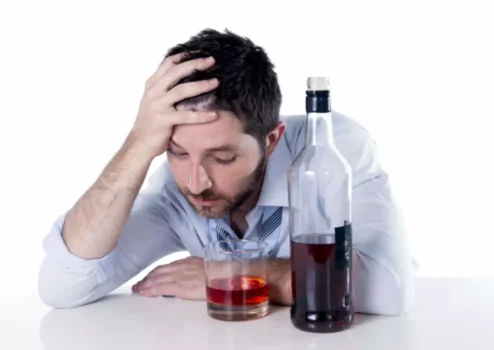
Dopamine produces positive emotions that make you feel good and help reinforce your desire to drink, but alcohol affects your central nervous system in other ways, too. The more you drink, however, the more likely your emotional state will begin plummeting back down. Sometimes, alcohol can make you feel even worse than you did before. However, Hegerl’s statements and the study results also mean that I will always be susceptible to depressive episodes. Psychotherapy and medication could prevent a relapse, according to Hegerl, as could exercises. According to the study, however, the size of the salience network correlates with certain symptoms of depression, such as the loss of joy and motivation.
Alcohol Use Should Be Assessed Routinely as Part of Psychological or Psychiatric Care
“Even after a little alcohol, you’re still having hangover-like” mental and physiological symptoms to at least some degree. Koob, though, suspects that many people coping with depression may like the fact that alcohol does drinking make your depression worse is such a wide-ranging drug. And, he adds, it often works quicker on the body than other substances. This may explain, in part, why alcohol use is common even in cultures where it is illicit; humans are just especially drawn to this drug. Many people do use other substances to cope with depression, the experts I’ve spoken to all note.

Explaining Sensitization in the Context of Addiction Relapse
- Bridges to Recovery offers comprehensive treatment for people struggling with depression, bipolar disorder, anxiety, complicated grief, and other mental health issues.
- The overwhelming feeling of depression and anxiety after a night of drinking is more common than you think and here’s why.
- They can be helpful for many, so talk to your doctor about this option.
- Alcohol may help you fall asleep (pass out) faster, but when you’re drunk, you’re not getting high-quality sleep.
- He participated in several treatment programs at his family’s urging, but none of them helped.
- If you feel depressed even when you don’t drink, or you drink because you feel depressed, it’s best to reach out to a mental health professional.
If you experience symptoms of depression for most of the day, every day, for a few weeks, the NHS advises you to contact your GP surgery to get help. And if you’re worried about your drinking, there are alcohol support services that can help. Understanding the intricate link between alcoholism and depression highlights the importance in addressing both the conditions.
